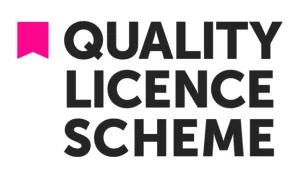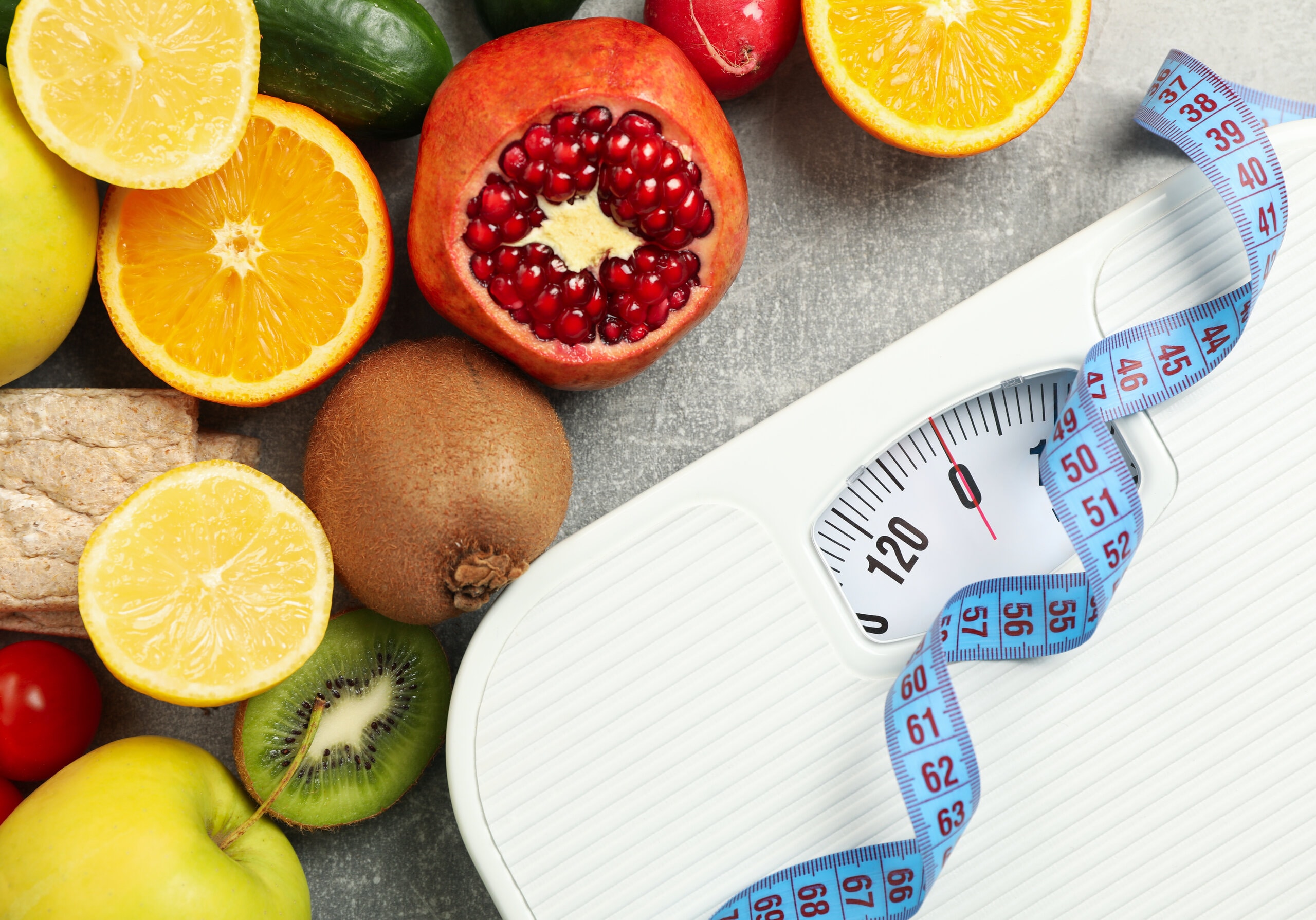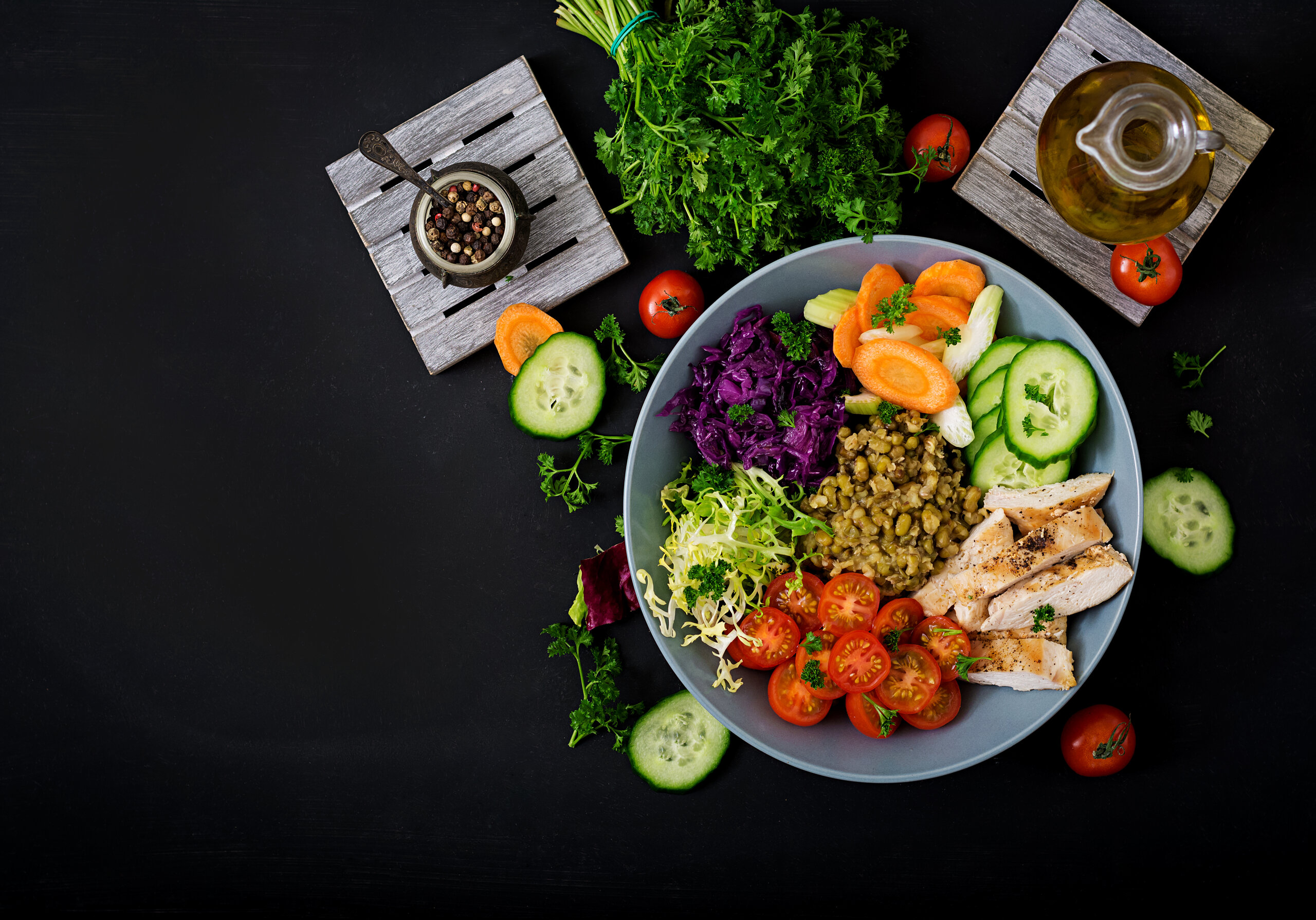Welcome to Open Learning College – Change your career, Increase your salary, and Improve your life.
 Course Overview
Course Overview 
Studying with the UK’s most innovative home study provider will help you to unlock your true potential and make the change you want. Learn directly from anywhere, anytime, and gain industry-recognised Professional Qualifications that you need to take that next step in your career.
A distance learning course is the ideal way to gain a Diet + Nutrition (Level 3) qualification. Whether you’re looking to go on to further education, improve your job prospects or expand your knowledge, distance learning Diet + Nutrition (Level 3) is a flexible and convenient course, that allows you to comprehensively prepare for an exam or career through home study. What’s more, because the distance learning Diet + Nutrition (Level 3) course is a fully comprehensive course, no prior knowledge is required.
Living a Healthy lifestyle is considered the new craze especially in recent times, in this course we explore why a balanced diet with regular exercise are key to good health.
Diet and nutrition will be defined and better understood in this course, before we learn about what our bodies need, we also need to understand how we process food, how we get fat, build muscles, and have enough energy for our body’s need to walk, talk, pump our heart, breathe, blink our eyes, maintain our body and grow – basically to stay alive.
How people stay healthy and what foods are required in what amounts is discussed.
Lessons on this online diet and nutrition course will be learned through practical activities which can easily be done at home.
 Course Key Topics
Course Key Topics
the Diet + Nutrition (Level 3) course is divided into 10 modules.
Module 1: The Digestive system
We start by studying how our body processes the food and water using the digestive system, some foods like cellulose are not digested and what happens to this is as important to know as making use of food groups. This module concentrates on exploring the digestive systems, so that, before we look at the specifics of diet and nutrition, we have an understanding of how the different areas of our digestive system work. Why is the mouth as important as the intestine? It is important to know more about how food gets from our plates into our tissues and cells, and what foods are beneficial to our body. When looking at the subject of diet and nutrition, it is important for us to consider what nutrition actually is, why we feel hunger and why we need food.
Module 2: Dietary Nutrients
This module introduces the basics of good nutrition and the nutrients our body need. The important dietary nutrients of carbohydrate, protein and fats and oils, vitamins, minerals and water are explained in more detail, so that we can understand the function of these nutrients in our body. It helps us understand how to introduce good nutrition into our daily lives and teaches us concepts such as “Energy Balance”, “Body Mass Index” and “The Harris Benedict Equation”. How can people stay healthy and what foods and in what amounts are needed to achieve this is discussed. Food can also be a problem and this needs to be investigated to raise the problems people face.
Module 3: Supplementary Nutrients
As well as the usual foods we also need vitamins and minerals in our diet from citric acid (vitamin C) to zinc. There is a trend also to take herbs and natural supplements such as garlic or cod liver oil directly or as capsules. A lot of people believe that vitamins and minerals are health enhancers and that consuming plenty of them will lead to a long and healthy life. In fact, as we will discover in this module, vitamins and minerals do not directly provide us with energy nor does consuming a lot of them automatically guarantee optimal health. So what do they do, why are they especially important for babies, children, the elderly or if we are ill or run down. What happens if you take too much (our body simply gets rid of them). It is important to know where they come from and what exactly they do in our body.
Module 4: The Role of Fluids
Humans will die quickly without air and survive just a few days without water. In this module, we will look at why we need to drink water, liquids or food containing them and the best way of obtaining sufficient quantities. 60-70% of our body weight is made of water. Water is essential to life, e.g. it helps to maintains our body temperature and it helps get rid of waste, cushions our joints, and all of the internal body functions need water. We will also examine the role of electrolytes (mineral salts), and learn how to recognize and prevent dehydration. Alcohol is a common fluid consumed as a drug and having little other benefits than providing the body energy (high calorific value). We also explore some facts about alcohol and how our bodies metabolise it, as well as the effects of alcohol on our health.
Modul 5: Weight Loss and Dieting
The main reason people want to control their weight is for better health, as well as wanting to improve appearance and confidence. Generally dieting does not work, unless it involves healthy eating with regular exercise. This module looks at the effects of weight loss on health, and highlights the risks of rapid weight loss methods. We examine the reasons why many people find it so difficult to lose weight and then maintain this loss. We also look at appetite control and metabolism and the effects of different diets, culminating in simple effective strategies we can use to lose weight and maintain this weight loss. We also consider simply strategies for gaining weight, without it turning into fat.
Module 6: Vegetarianism
Surveys suggest that about one in twenty people in the United Kingdom are vegetarian; many people choose to eat meat rarely or occasionally. A vegetarian diet is followed for a variety of reasons, from religious to moral and ethical reasons. This module looks at the whole topic of vegetarianism, including some of the reasons people choose a vegetarian lifestyle. Are there any health benefits of a vegetarian diet, or, indeed, are vegetarian diets always healthy? The different variations of the vegetarian diet and what essential elements are limited is discussed, and some ideas for meals to suit needs and provide a fully balanced meal are therefore included.
Module 7: Young People
Children and young people’s nutritional needs depend on their life-style and the amount of energy they use. This depends on age, gender and the amount of activity, so their particular nutritional requirements must be assessed on an individual basis. This module will be of particular interest to all those involved in caring for young people and young people themselves, to help them maintain health. The energy needs of young people, especially if they are very active, as well as their protein, carbohydrate and fluid needs is explored, specifically looking at how these may differ from the needs of adults. The needs and diets of women planning to conceive or pregnant women is also studied to start this topic discussing the needs of the child from their earliest point of life.
Module 8: Groups with Special Dietary Needs
The diet and nutrition of groups with special dietary needs, including women at different stages of their lives, including during pregnancy and the menopause, will have special focus here. So, for example, girls who exercise vigorously may be late menstruating (amenorrhoea). Other groups with special dietary needs include those diagnosed as having diabetes, heart disease, allergies and asthma. The signs and symptoms associated with these diseases and what can be done to prevent or delay their onset will be considered. The importance of all essential minerals and vitamins will be explored in this particular context. Our body cannot make Iron so how to provide sufficient amount and prevent anaemia will also be explored.
Module 9: Eating Disorders
The three main categories of eating disorder are anorexia, bulimia and compulsive eating (some consider obesity to be a fourth type). What they are is explored, and according to most experts on the subject of eating disorders, rather than just being a problem with food and body image, it is believed they are an outward expression of psychological conflict. It may not be easy to label a sufferer as being one or the other of these, as quite often, anorexics might later become bulimic and compulsive eaters might also become bulimic from time to time. It is more useful to know and explore the distinct differences between the eating disorders (often termed disordered eating) and their effects. Strategies to help counter these illnesses and improve body image will be discussed.
Module 10: Personal Dietary Plans
There is evidence that most people do not understand how to maintain a healthy state. As for children, our needs depend on age, gender and the level of activity. Having a health plan is not just about maintaining body weight, but more about leading a healthy lifestyle. This depends on individual needs and needs to be devised methodically. Designing a personal dietary plan needs to take into account all the personal details of the person the plan is for. It may be for yourself or for someone you are advising about diet and nutrition. A plan includes suggestions and ideas for healthy, balanced meals, treats and advice on keeping food (calorie intake) and exercise (calorie expenditure) diaries, so that any goals and targets set may be successfully achieved within a given time frame.
(Please click on the curriculum tab above to see a detailed view of each module)
Course Content
Diet + Nutrition (Level 3) (FREE Starter Pack)
How to…. (a series of explainer videos)
Module 1 – The Digestive system
Module 2 – Dietary Nutrients
Module 3 – Supplementary Nutrients
Module 4 – The Role of Fluids
Module 5 – Weight Loss and Dieting
Module 6 – Vegetarianism
Module 7 – Young People
Module 8 – Groups with Special Dietary Needs
Module 9 – Eating Disorders
Module 10 – Personal Dietary Plans
Course Resources
Final Exam
Student Ratings & Reviews

College Announcements
































 Get Social!
Get Social!










